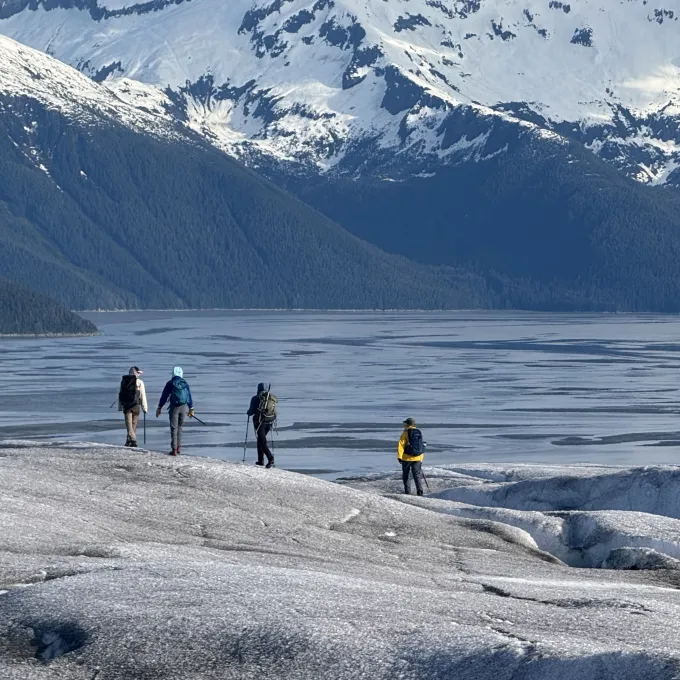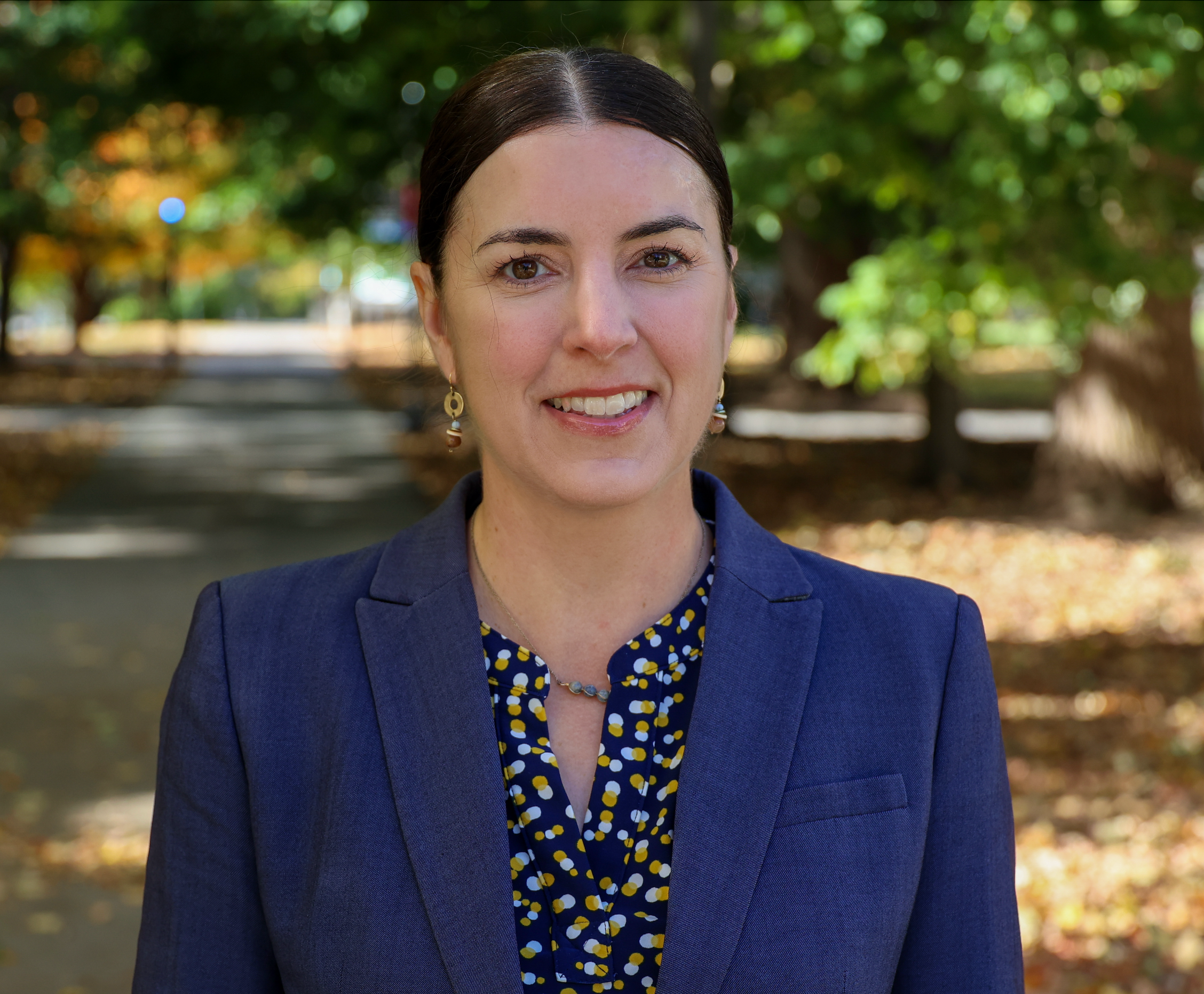
About the Department
Whether you are interested in studying the world beneath your feet, or worlds farther away, the Department of Earth, Environmental, and Planetary Sciences at Washington University provides the tools for understanding the processes that shape our planet and other solar system bodies.
Our faculty are leaders in their fields, and they are passionate about their work and training the next generation of scientists. Our state-of-the-art laboratory facilities allow our faculty to push the boundaries of their fields and give our students the chance to do their own research. We apply geology, mineralogy, petrology, biology, chemistry, physics, and math to investigate diverse topics such as early life on Earth, the structure of the Earth's deep interior, the nature of contaminant transport, and the evidence for water on Mars. Our students are uniquely poised to help solve some of society's most pressing problems through careers in government, non-profit organizations, academia, and industry.
upcoming
events
See More Events



The professors in this department have a commitment to their students learning outside of class and development as thinkers. I have made meaningful connections many of my professors, but Dr. Mike Krawczynski in particular is one with whom I now feel comfortable simply walking into his office and asking about anything I've been pondering, and from those conversations I have learned more than I have from many classes.
― Ian Hutchison AB 2023View this profile on Instagram{{ username }} (@washueeps) • Instagram photos and videos







